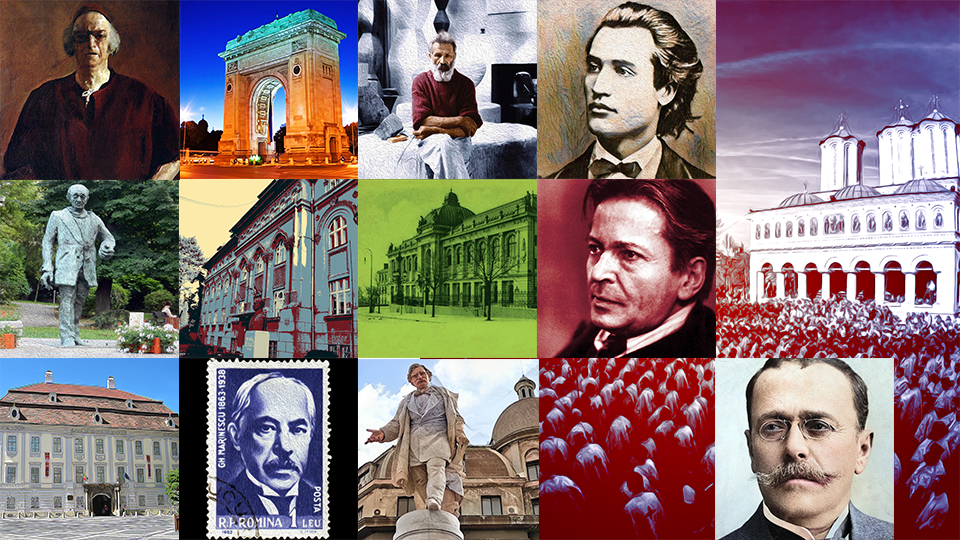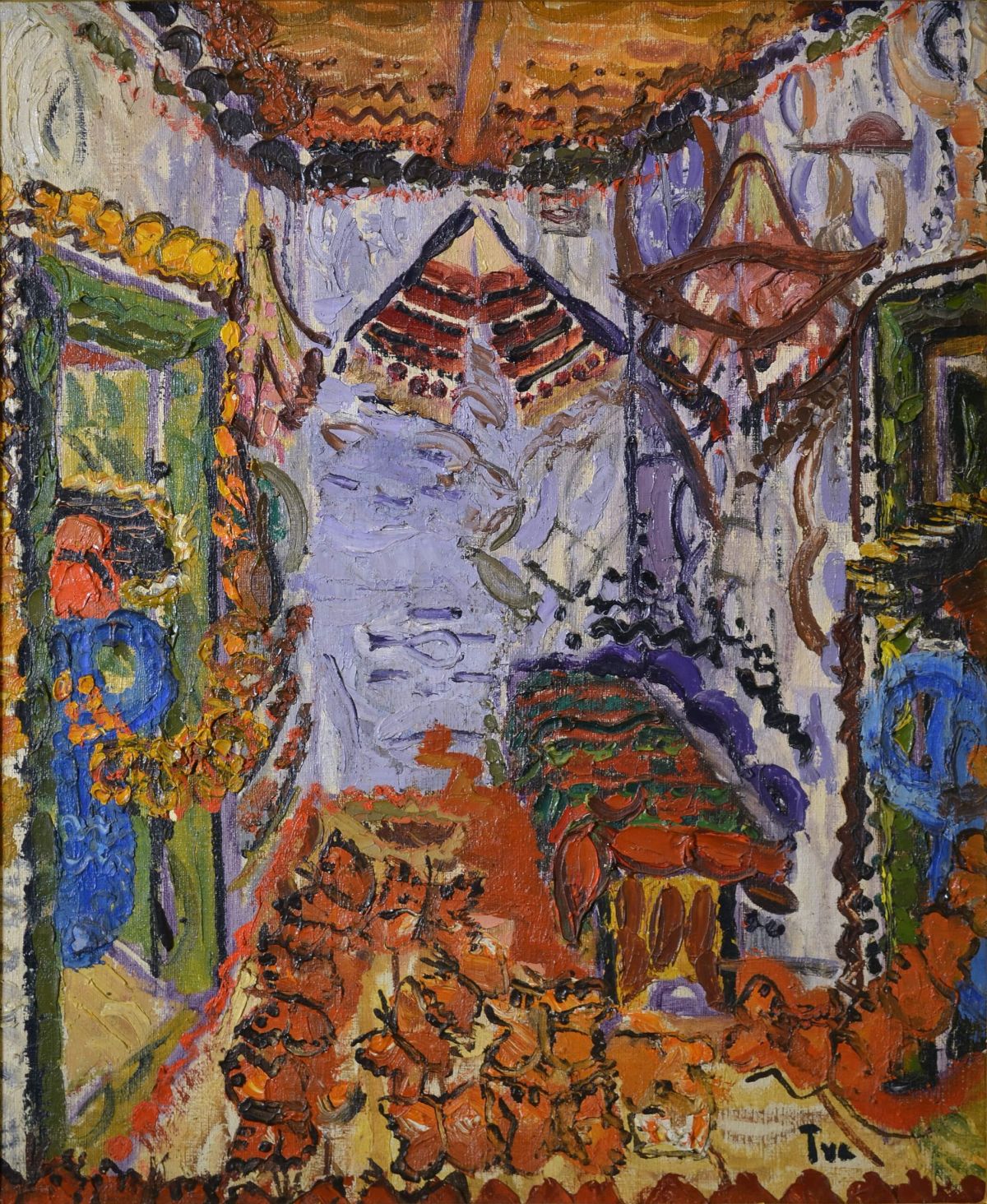Poet Constant Tonegaru
Poet Constant Tonegaru was one of the victims of the communist regime with one of the worst destinies on record.

Ștefan Baciu, 16.03.2019, 14:53
Poet Constant Tonegaru was one of the victims of the communist regime with one of the worst destinies on record. He was born in 1919 and died in 1952, not even 33 years of age, but that gave him enough time to leave a mark on the avant-garde poetry of his age, influencing even the poetry of the 1980s, going as late as the 2000s. In addition to his unusual talent, his life was exceptional, too. His early life was marked by a crime of passion: his father, a navy officer, shot his mothers lover after they divorced. Constant Tonegaru, like many other intellectuals, fell prey to the purges operated by the regime installed after 1945, spending time in communist prisons. The harsh conditions in prison left him so worn out and sick that he died 100 days after being released. Nowadays, 100 years since his birth, his personality and talent are still vivid for the people who knew him, such as writer Barbu Cioculescu, the son of literary critic Serban Cioculescu:
“I met Constant Tonegaru during the war, when he was refining his writing under the guidance of literary critic Vladimir Streinu. He started publishing in 1942, beginning with a few short poems. Then he published a volume entitled Plantations, whose actual name was The Plantation of Nails. I met him in a small group gathering in Vladimir Streinus house. I was in seventh grade back then. He left me with a strong impression, he had a magnetic personality. You realised immediately that he was a special person. Perhaps he cultivated a certain ostentation as well. The life he lived was rather modest and meagre, this man died a mere 100 days after getting out of prison, probably because of the conditions there. He did not make a good living.”
In 1945, a group of Romanian writers, joined by Constant Tonegaru, set up the Mihai Eminescu Association, as a form of resistance against the persecutions to which they were subjected by the Soviet occupation. The association was a charity, trying to get food and medication from Western countries in order to distribute them clandestinely to intellectuals blacklisted by the communist regime. In this context, the poet was targeted by the communist authorities in 1949. He was arrested and sent to the prison in Aiud. When he was released, he had contracted a severe pulmonary disease, and didnt live long after he got out.
Here is Barbu Cioculescu again: “I remember that one day my father woke me up and said: Come quickly, something happened to Tonegaru!. I asked him Have they arrested him again? No, hes gone! It was a horrible moment. He was born in 1919, I was born in 1927. We were born eight years apart, which was quite a big age difference, but he accepted me into his circle. His work had a fairly curious evolution after his death, in the sense that this poet is, at least for me, very important. I dare say he is a great poet, that is my opinion. At any rate, he is an authentic poet. Even after he left us, he was not appreciated as he deserves. It is a pity that this still stands, to this day.”
After the first volume of poetry, Plantations, which came out in 1945, the second one, Venus Star, was published as late as 1969, thanks to Barbu Cioculescu. A definitive edition, The Plantation of Nails, was put out in 2003, proof of the fact that Constant Tonegarus poetry lived beyond its times, according to literary critic Cosmin Ciotlos: “It is obvious that poets Florin Iaru, Traian Cosovei, even Mircea Cartarescu, I think, are strangely in debt to Tonegaru. You can see that in their writing, even though I dont recall them saying that they are. In his book Romanian Post-modernism, Mircea Cartarescu mentions him in a brief paragraph. Few are the cases of poets with such impact and originality, who can bridge such different, and sometimes irreconcilable, generations. You can tell that Tonegarus writing had an impact on the 1960s generation, especially in the late period. You can feel that, even if you cannot prove it pen in hand. Last but not least, I believe that thanks to this edition, which is not called definitive for nothing, he came to matter a lot for the poets of our generation.”





























